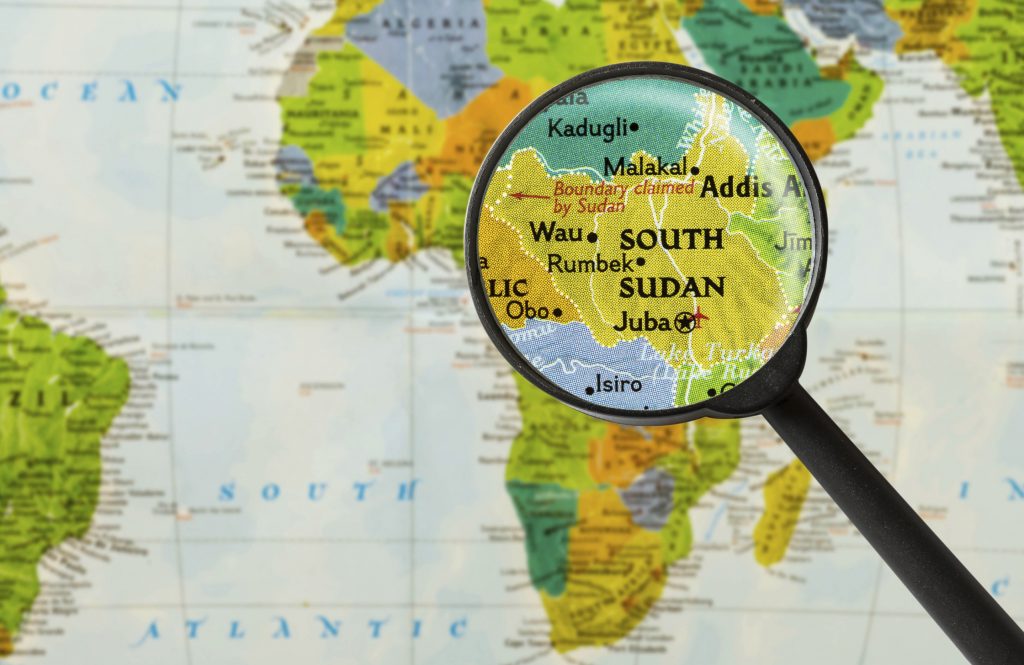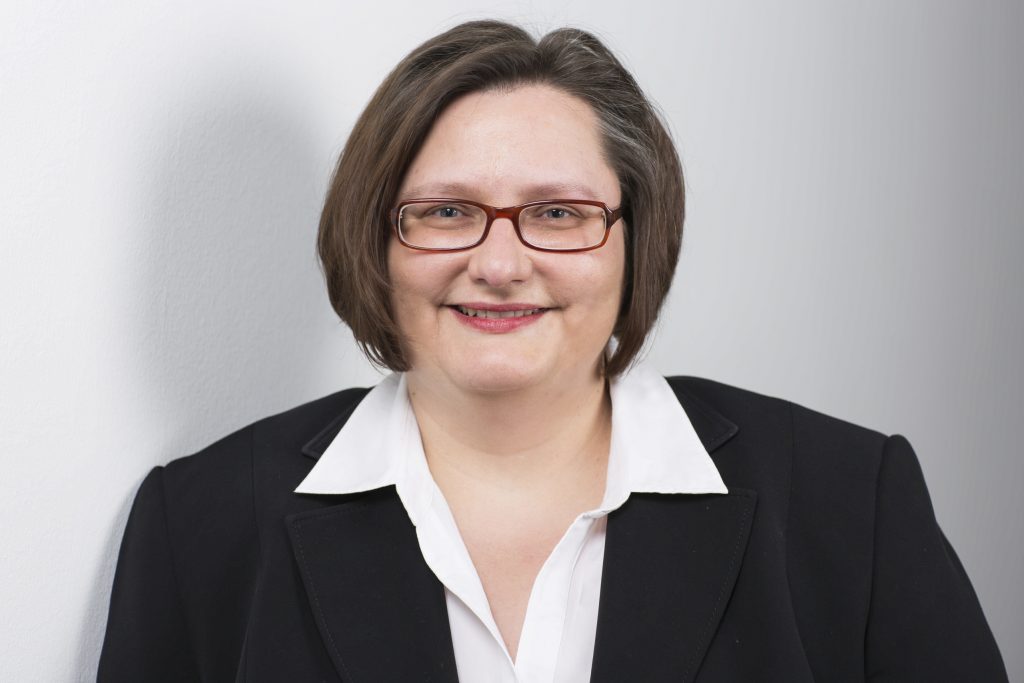The World’s Youngest State Plunges into Renewed Violence
The terrorist attack in Nice and events in Turkey have pushed developments in South Sudan out of Western media headlines. Yet five years after independence, the situation in the East African state remains tense. The most recent outbreaks of violence have driven more than 10,000 South Sudanese to flee their homes.
After more than 20 years of civil war, South Sudan declared its independence from Sudan on 9 July 2011 to become the world’s youngest state. The fifth anniversary of independence should have been a reason to celebrate. Instead, fierce battles erupted in the capital of Juba between supporters of President Salva Kiir and those loyal to Vice President Riek Machar, leaving more than 300 people dead. This most recent outbreak of violence has fueled concerns of a return to civil war.
A battle for power
The country still bears the wounds of the bloody civil war that erupted over bitter innerparty struggles for power in December 2013 between Kiir and Machar, whose militia once fought side by side against the north. Kiir sacked Machar in July 2013 after Machar announced his plans to run against Kiir in the country’s first national presidential elections. As is often the case in such struggles, the lines of conflict were quickly blurred; a struggle for power expanded into an ethnic conflict. President Kiir is an ethnic Dinka, which is the country’s largest ethnic group, and his opponent Machar is an ethnic Nuer, the country’s second largest ethnic group.
“People have the feeling that the government is only occupied with staying in power at their expense.” (BTI South Sudan Report)
It was not until August 2015 that a peace agreement was reached, puting an end to the civil war. Since spring of 2016, the two former rivals Kiir and Machar have stood once again jointly governing the young state. The violence perpetrated on both sides has had a devastating impact on the country: tens of thousands of people have been killed, more than 2.5 million have fled the country – many into neighboring East African states – and nearly one million people are internally displaced within South Sudan, according to the UN Refugee Agency. Nearly five million people – almost one-half of the population – are in urgent need of food assistance. Meanwhile, the country’s oil production, which could account for six to seven billion dollars of the state’s revenues, has been halted since 2013 as a result of the civil war.
A new generation of political leaders needed
The Bertelsmann Transformation Index (BTI) country report describes not only the socio-historical context from which the country’s violent conflicts have emerged, but also the climate of fear, mistrust and violence dominating South Sudanese society. The recent escalation of violence in the capital demonstrates just how fragile peace in the country is. The rivals Kiir and Machar insist that they have brought things under control. Yet, as our transformation experts point out, the prospects for state-building are slim when the political elite demonstrates little will to compromise. The country needs, as our experts suggest, a new generation of leaders.
Things looked promising, at the start
With 65% of the population below the age of 25, South Sudan has considerable demographic potential. In the years before the civil war, waves of highly skilled and educated South Sudanese returned to their home country to help build the young state. The initial economic reforms introduced in the first few months of independence seemed promising until internal political battles and violence derailed the country’s course of development. Civil society and churches have demonstrated in the past the key roles they can play in an urgently needed reconciliation process.
Reforms needed
The reforms most urgently needed to establish security, promote reconciliation between ethnic groups, building economic structures and strengthening democratic institutions require public trust, a good that has been rattled since independence. Yet without these essentials, the violence in South Sudan can escalate again at any time.
Sabine Donner is Senior Project Manager at the Bertelsmann Stiftung and directs the BTI project “Shaping Change – Strategies of Development and Transformation”.


Thanks for the information and very useful 🙂